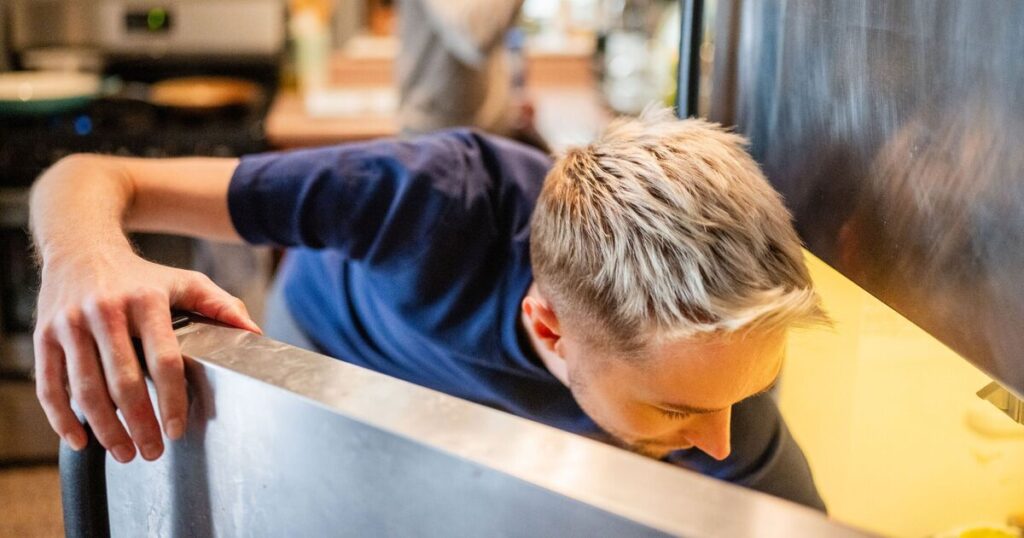
You might be making a crucial mistake when unpacking your groceries – and experts are urging you to think again. Something as simple as storing bread in the wrong spot can lead to food spoilage, wasted money, and even higher energy bills from an overworked fridge.
Experts at Hisense UK warn that certain foods are actually better off outside the fridge, particularly in summer when rising temperatures can make proper storage even more important. Storing food incorrectly can affect its flavor, alter its texture, and lead to unnecessary energy consumption. So, which foods should never be kept in the fridge?
Tomatoes
Cold temperatures stop tomatoes from ripening, which weakens their natural flavour and causes an odd texture. Instead make sure that you store them in a shaded bowl on the countertop to maintain their taste and firmness.
Potatoes
Chilly fridge temperatures quickly convert potato starch into sugar, affecting their flavour and causing them to spoil faster. Because of this, store them in a cool, dry cupboard or a breathable paper bag – never in plastic.
Onions
Refrigerators retain moisture, which can make onions turn soft and moldy. For optimal freshness, keep them in a mesh bag or open basket in a cool, dry, well-ventilated area away from direct sunlight and potatoes, as the latter can accelerate spoilage.
Garlic
Storing garlic in the fridge can lead to early sprouting and a loss of its robust flavour. Even in warmer conditions, garlic bulbs last longer when kept at room temperature in a breathable and well-ventilated container.
Bread
Lots of people put bread in the fridge during hot weather, but this is actually the wrong thing to do. If you do this, you will find it stales faster – all thanks to a process called retrogradation. Instead, keep it in a bread bin.
Avocados – if not ripe
Placing an unripe avocado in the fridge stops it from ripening. Allow it to sit at room temperature until it softens slightly when pressed, then refrigerate only if you need to extend its freshness for a couple of extra days.
Olive oil
Refrigeration can cause it to harden and lose flavour complexity. You should place it in a cool, dark cupboard to preserve both consistency and quality.
Fresh basil
The cold air can ruin its leaves, resulting in them going black and wilting. Just like flowers, basil thrives best in a jar of water at room temperature.
Other top tips you need to know…
The experts also urge people to never overfill the fridge as this can lead to blocked airflow and put a strain on cooling systems. You should also regularly clean and wipe shelves and drawers. You should do this every few weeks with baking soda and water to combat bacteria and odours.
They also stress that using the right compartments is key.
They said: « The bottom shelf generally remains the coldest, making it ideal for storing raw meat and fish, while the door is often slightly warmer, perfect for storing items like condiments, which can tolerate the slight increase in temperature. Fruits and vegetables are best placed in the crisper drawers to maintain maximum freshness. »
